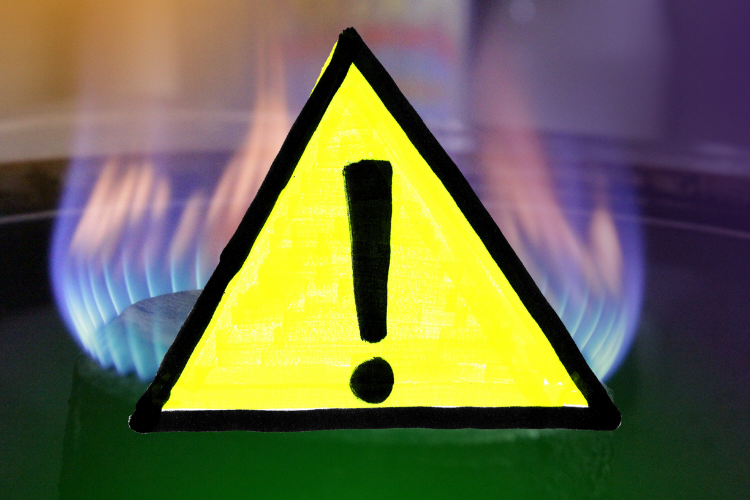Gas Safe Register and Corgi
Home owners and landlords alike are well aware that work involving gas such as installing a new cooker or repairing a central heating boiler should be undertaken only by a qualified professional. However, in recent years the system for regulating and certifying who is allowed to work with gas has changed, and this has led to a fair degree of confusion among the general public.
CORGI
Until 2009, the Council for Registered Gas Installers, or CORGI, was the body which regulated the industry and awarded certificates to people who worked with gas. To get CORGI accreditation, heating engineers and plumbers had to prove they were competent in work connected with gas. On 1 April 2009 CORGI ceased to exist, and accreditation was taken over by a new body called Gas Safe register, which is run on behalf of the Health and Safety Executive. In the minds of the general public though, the CORGI name is still familiar, and they may not understand of realise that being 'CORGI registered' does not mean anything, and does not carry any legal weight behind it.
Gas Safe Register
The new accreditation scheme, called the Gas Safe Register, works in broadly the same way as CORGI. Everyone working with gas in domestic property has to be registered and the Gas Safe body will ask to see qualifications such as NVQ certificates to back up their application. There are different categories which people can choose to be registered for, such as cookers, gas fires and boilers, and every workman has to carry a card showing their registration number, photograph and the categories of work which they are authorised to do.
What does this mean for me?
Gas Safe register has been set up to protect customers from shoddy workmanship and to ensure that all work done using gas is completely safely, and to a high standard. When you are contacting someone to come into the home and repair your boiler or put your new gas hob in, they must be on the register, and you can easily find out who the Gas Safe accredited people are in your area by searching on their website using your postcode. Secondly, check that when the workman turns up, that they match the photograph on the Gas Safe card as there have been cases of unscrupulous workmen trying to pass themselves off as someone else.
Quality
Using a Gas Safe registered engineer to work on your boiler or gas fire is a guarantee of quality, and their work is backed by the Gas Safe body. If you are unhappy with the quality of their work, contact the Gas Safe body who will investigate. As it is illegal to work on boilers or gas fires without being Gas Safe registered, you will invalidate your home insurance policy and any warranty on your boiler or fire. Don’t feel embarrassed about asking a workman to show you his registration card when he arrives to work in your home, and always get a receipt stating the work done.
